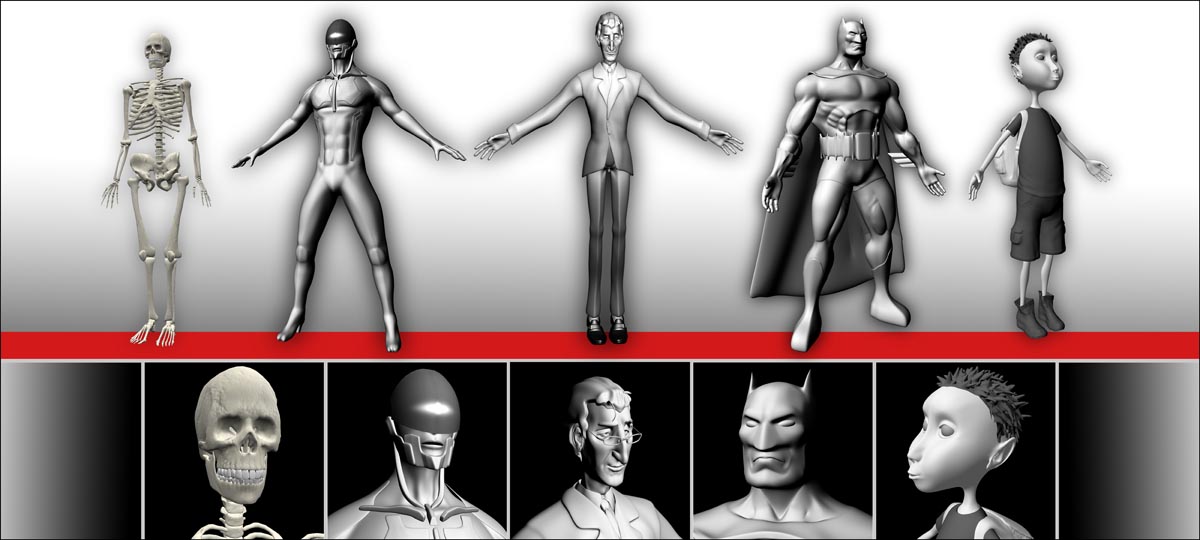
June 6, 2011 – Parents looking for some bonus points with their high schooler might want to check out the University of Utah’s (the U) Entertainment Arts and Engineering summer “camp” in computer graphics and video game development beginning June 13.
Don’t expect s’mores, ghost stories or songs around the campfire at this camp, though–unless they’re digitally created by the students themselves. In this program, high-school-age students can attend one, two or three weeks of class to learn how to create their own animated character that they can take with them to future projects; go on field trips to local game developers like Disney Interactive Studios and EA Games; and get help from class instructors in finding college programs that fit with the student’s interests and talents. Instructors will also write letters of recommendation for students if needed.
“This program is a great way to build math, problem-solving and even physics skills over summer break,” says Mark van Langeveld, a professor in the U School of Computing, and creator of the summer program. “Developing computer games is a great precursor to careers in aerospace and engineering, but it can also be applied to many different fields. For instance, computer games have been used to simulate emergency room scenarios.”
Van Langeveld says that summer program students will learn the same concepts that he teaches to undergraduates and some graduate students at universities across the country. But, the U summer camp is substantially less expensive than other programs. Each week is $200, and financial aid is available for those who qualify. The fee includes instruction from 9 a.m. to 4:30 p.m., Monday through Friday, field trips and lunch. The first week of class is mandatory.
As the name Entertainment Arts and Engineering (EAE) indicates, the summer program is geared toward those who are technically or artistically talented, or both. Students at any level can sign up for the course. There are no prerequisites, so teens who have never had any experience in game development are welcome to attend.
The course brings “life-changing” experiences to students, van Langeveld says. They will work individually and in groups at the U’s state-of-the-art technology facilities to develop their own 3-D character and a character-based short animated movie. The course provides guidance to students who want to then enter their projects in national competitions. Van Langeveld notes that three past students received $10,000 each in scholarships by entering the projects they created in national competitions.
The program has proven so successful that Granite High School has coordinated efforts to send their students from Granite Technical Institute to attend over the summer. While this allows students to keep fresh the skills they have already learned, the summer program also aims to help students learn skills they will build upon in their careers or future academic pursuits.
Such skills may prove harder to come by than some may think. “You know, making games actually is much more fun than playing them, but it is also much harder,” van Langeveld notes.
To sign a student up for the program, parents are encouraged to mail in the completed form located at http://www.cs.utah.edu/events/eae-camp/ or call 801-581-8224.
